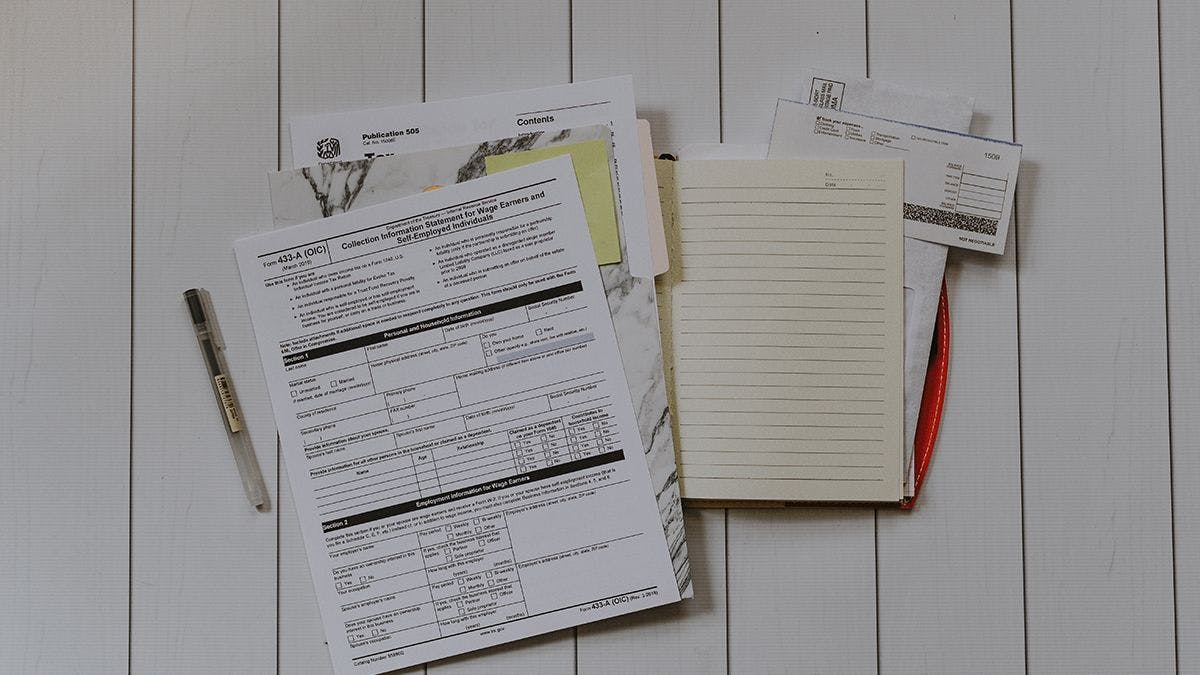What is a tax return in Luxembourg and how to fill it in

Answers from Luxtoday subscribers to the most frequently asked questions about tax returns in Luxembourg: who is required to file, how to fill it out, what deductions are possible, and what to do after filing.

Tax returns are something that almost all residents of Luxembourg will have to deal with sooner or later. We spoke to our subscribers who have already gone through this process and compiled a list of the most frequently asked questions and answers for you.
What is a tax return?
— A tax return is a document that allows the tax office to understand what your income and expenses were in order to calculate the amount you will need to pay.
— It will also allow you to estimate the size of the tax deduction you will receive.
Do employees fill out the declaration?
— They do. Working for a company simplifies only one thing — here, income tax and other social security contributions are deducted directly from your salary. For example, solidarity contributions. Otherwise, you have to do everything yourself. Fortunately, there are now electronic tools that allow you to do everything online.
Not all residents of Luxembourg are required to file a tax return. Only those taxpayers who meet the criteria specified in the law are required to file a tax return.
— I agree. In my case, the difficulty lies in the fact that I work for a non-profit organisation, so everything falls on me, essentially. However, I have been in Luxembourg for over 20 years, so I am used to it. Difficulties arise with those who are unfamiliar with the local rules, for example, parents!))
How to fill in the declaration correctly?
— It would be logical to start with a document such as a pay slip. To put it simply, this is an annual salary statement. It is a document provided by the employer. It contains information about all payments and taxes withheld from the employee: personal income tax, solidarity tax, and so on. It is important to understand that it only includes deductions withheld by the company itself.
However, there are exceptions. For example, domestic workers and their employers receive an annual tax certificate from the CNS. First, a preliminary one to verify the hours worked and salary, then a final one.
This statement also indicates another very important thing — your tax class. Since all payments and compensation are directly linked to it, it is essential to know your class.
Filling out the declaration is a highly individual process, as each person has their own data. It cannot be adapted to a template, where you write this here and that there.
— That's right. I would also add that if you are filling out the declaration yourself, you need to read it very carefully. There is a note under almost every item. Most often, these notes contain information about how much compensation can be received for each item.
There are many options for what you can get deductions for. Here you need to see which ones apply specifically to you.
These may include:
- Supplementary pension fund;
- Unexpected expenses. For example, treatment that is not covered by the CNS, or where the cost is very high;
- Payment for domestic help services. This applies to cleaners. Gardeners, incidentally, are not included here. It is considered a luxury, whereas cleaning the house is a matter of hygiene.
- Maintaining parents. Of course, you cannot say that you earned 40,000 and spent 30,000 on your parents. There is a certain compensation ceiling;
- Capital loss. This applies to those who invest. For example, you invested in the shares of a company, but they fell sharply in price and you lost your investment. In this case, you can receive compensation. If you lost money on one thing but earned money on another, this will not work.
- Charity. There are several accredited charitable foundations in Luxembourg. These include, for example, the Red Cross. If you make a donation of €120 or more to such an organisation, you can then indicate this in your tax return and reduce your taxable income.
- Many others, it is best to clarify all this with the tax office.
However, it is important to remember that the recalculation may be in your favour if you are entitled to compensation, or in favour of the state if you have overlooked something or underpaid!
How can I verify my expenses for deductions?
— All documents are attached to the declaration and sent to the tax office. This is, in essence, your main argument.
— And it is very important to take good care of your cheques. On page 17 of the declaration, there is a section called "assistance to parents". When I moved my parents to Luxembourg, I attached their Russian pension certificates. At that time, they were still receiving their pensions in Russia. I asked them for all their receipts because I was paying for their medical insurance. But they hid them from me, thinking that I was trying to control them. They would go to the doctor and then hide the receipt!
The same applies to child support. Expenses for education, trips to children's camps — all of this can and should be documented in order to receive compensation. So yes — keep all your receipts and invoices!
Is it possible to automate the process in any way?
— Yes, you can. For example, I use taxx.lu. It's an online resource where you go, answer questions, upload all the documents they ask for, and receive an electronic version of your tax return. I don't even send physical letters anywhere.
Is it worth consulting an accountant?
— Everyone decides for themselves here. An accountant can help you understand the nuances that are not obvious to everyone, clarify controversial issues, and help you calculate the amount correctly.
The services of a specialist cost between €200 and €300. But you can be sure that you haven't made any mistakes and save yourself a lot of stress. But it depends on the person. Some people quickly get the hang of it and fill it in themselves, while others need help.
We have submitted the tax return to the tax office, what next?
— Next, you need to wait. After a while, you will receive a letter with a detailed calculation. It will specify the base amount, the amount to be paid, and the amount you are entitled to as compensation.
Can a tax decision be challenged?
— Of course, you can. The standard period for this is three months. If you find a mistake or have forgotten something, feel free to write to the inspectors and sort it out.
So, if I forget something, can I send it later?
— Yes, you can. I've done that before. Write a letter, attach the necessary supporting documents, and ask to add/remove information depending on what you need.
When should you submit your tax return, and what happens if you are late?
— I'm an expert in this matter, I always submit it in March!)) If there is a delay, they may charge interest or penalties, but fortunately, it has never come to that.
— I always submit mine by 31 March too. However, it often happens that the submission deadlines can be postponed. In any case, the tax office will definitely send a reminder about the declaration by post.